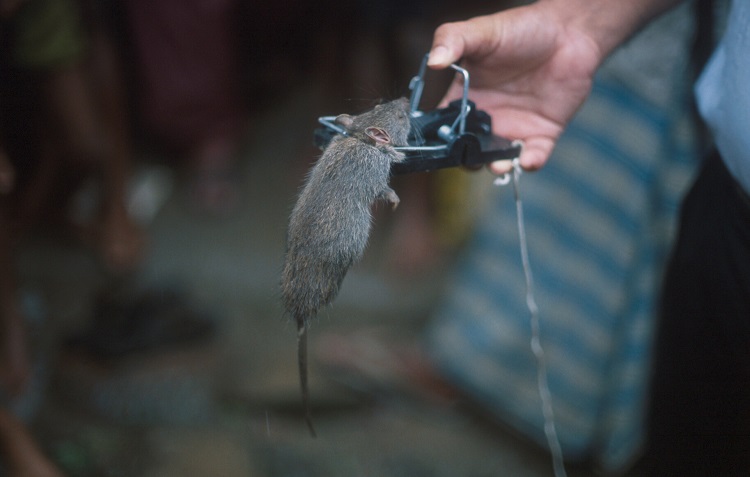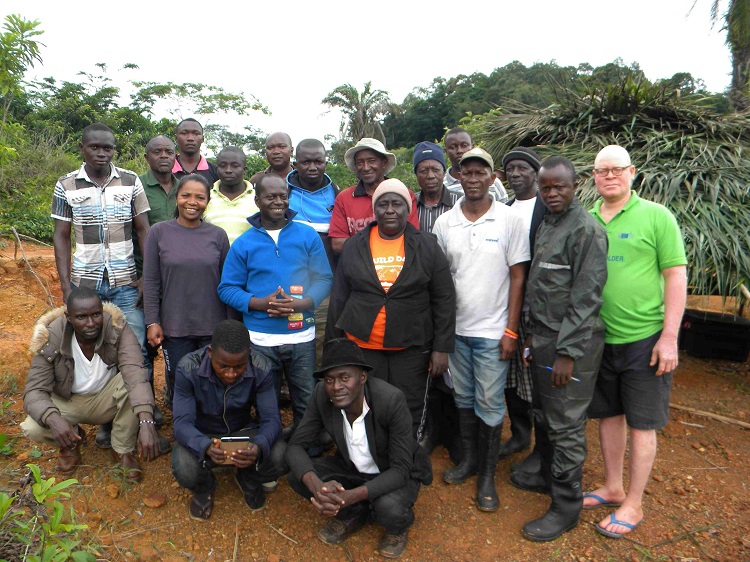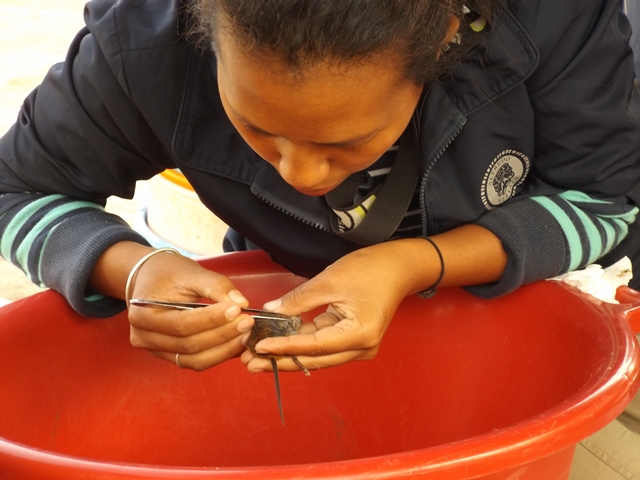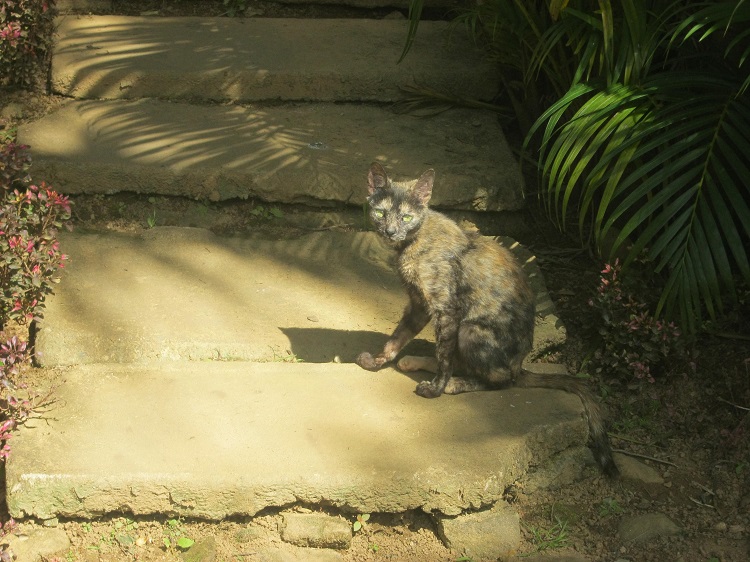
Rats are everywhere. They cause damage in a multitude of ways, from destroying field crops, to eating and contaminating stored food, spreading serious diseases among people and animals and destroying infrastructure. Rodents can even cause house and farm fires by biting through electrical cables. NRI, together with research teams from six African countries, have been working on a project known as ‘StopRats’ which aims to significantly reduce the impact of rodents on people’s lives.
StopRats is short for ‘Sustainable Technologies to Overcome Pest Rodents in Africa through Science’, a project led by NRI for the past three years, which brings together research teams from Madagascar, Namibia, Sierra Leone, South Africa, Swaziland and Tanzania. With funding from the European Union’s Africa, Caribbean and Pacific Science and Technology Programme, researchers have been working with farming communities, the private pest control industry, and government departments to increase awareness about rodents, the problems they cause and to develop sustainable rodent management strategies.
Because research on rodents is a relatively neglected research area, one of the aims of StopRats was to work with many university students, involving them in research on rodents to help build the next generation of rodent experts in Africa. Students and early career researchers based at African partner universities were able to attend regional field schools held in the South, West and East of Africa where they learned how to capture rodents and what information to collect from specimens in order to understand population dynamics, biodiversity and zoonotic disease surveillance. Students took the opportunity provided by StopRats to carry out their own research on rodents; more than 40 students have obtained high-quality post-graduate degrees (Masters and PhDs) with technical support from the StopRats project.
 Carrying out innovative research to increase our understanding of how we can more sustainably control rodents was also a big part of the StopRats initiative. Some of this work was recently published in the journal PLoS One. This paper shows that Domestic Cats and Dogs Create a Landscape of Fear for Pest Rodents around Rural Homesteads. Although many people claim that keeping a cat around the home will reduce rodent problems, there has actually been very little scientific evidence supporting the use of domestic cats or dogs, or explaining the mechanism of any rodent control. Findings of the research show that one likely mechanism through which rodent problems may be reduced, is the effect that cats and dogs have on the foraging behaviour of pest rodents. Like most prey animal species, rodents are able to detect the presence of predators in their environment. When the risk of predation is perceived to be higher, rodents will spend less time looking for food in that area. Researchers used this phenomenon to understand the landscape of fear around rural homesteads in Swaziland.
Carrying out innovative research to increase our understanding of how we can more sustainably control rodents was also a big part of the StopRats initiative. Some of this work was recently published in the journal PLoS One. This paper shows that Domestic Cats and Dogs Create a Landscape of Fear for Pest Rodents around Rural Homesteads. Although many people claim that keeping a cat around the home will reduce rodent problems, there has actually been very little scientific evidence supporting the use of domestic cats or dogs, or explaining the mechanism of any rodent control. Findings of the research show that one likely mechanism through which rodent problems may be reduced, is the effect that cats and dogs have on the foraging behaviour of pest rodents. Like most prey animal species, rodents are able to detect the presence of predators in their environment. When the risk of predation is perceived to be higher, rodents will spend less time looking for food in that area. Researchers used this phenomenon to understand the landscape of fear around rural homesteads in Swaziland.
 Professor Steven Belmain from NRI, who is the leader of the StopRats project and co-author of the paper says, “Contrary to our expectations, we did not find that rodent foraging behaviour changed when households had only cats or only dogs. However, rodent foraging did change when households had both cats and dogs present, where an increase in the landscape of fear for rodents dramatically reduced the amount of food they would consume from established feeding patches.” The research team based at the University of Swaziland is continuing to investigate whether this landscape of fear can be manipulated further to the detriment of rodent pests and whether it results in reduced losses to food stored at the household level and other potential benefits to the household.
Professor Steven Belmain from NRI, who is the leader of the StopRats project and co-author of the paper says, “Contrary to our expectations, we did not find that rodent foraging behaviour changed when households had only cats or only dogs. However, rodent foraging did change when households had both cats and dogs present, where an increase in the landscape of fear for rodents dramatically reduced the amount of food they would consume from established feeding patches.” The research team based at the University of Swaziland is continuing to investigate whether this landscape of fear can be manipulated further to the detriment of rodent pests and whether it results in reduced losses to food stored at the household level and other potential benefits to the household.
StopRats has created some user-friendly videos on How to Control Rodents, which were produced to help African farmers with some of the basic issues that should be understood when trying to control rodents. The video is freely available in English, French and Kiswahili.
Links:
- PLoS One paper: Domestic Cats and Dogs Create a Landscape of Fear for Pest Rodents around Rural Homesteads
- ACP Science and Technology Programme – EU
- StopRats project website
- Video:

